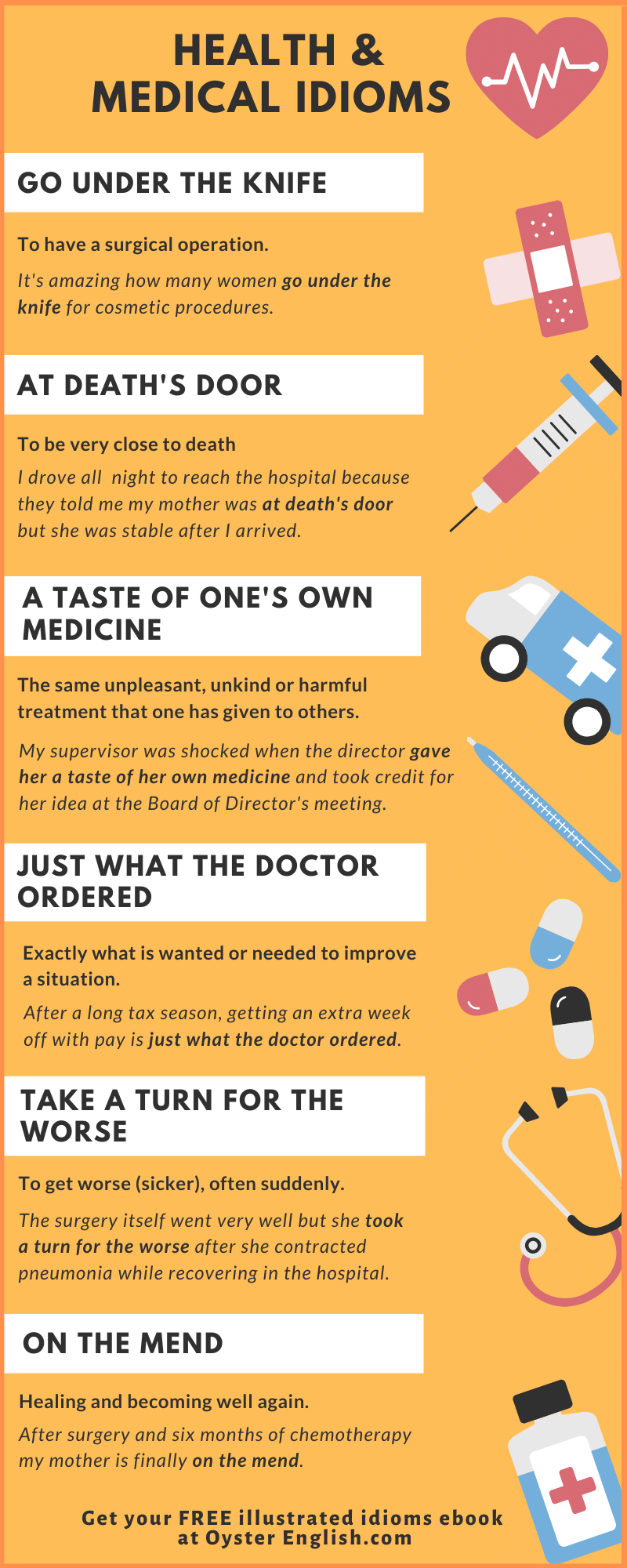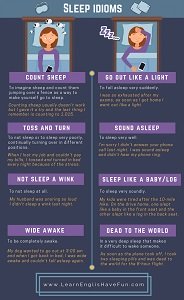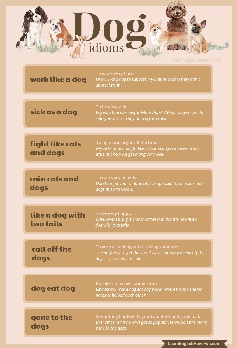Medical and Health Idioms
These medical health idioms are popular English expressions used in everyday conversation. Before we get into the definitions and examples, let's review exactly what an idiom is:
An idiom is a group of words that have a fixed meaning that is different than if you looked up the words separately in the dictionary.
More sentence examples
Let's look at additional sentence examples which will help you more easily remember these idioms. You can write your own sentence examples in the comments below for practice.
go under the knife: to have a surgical operation.
— Your grandfather is going under the knife tomorrow so we all need to be at the hospital to support your grandmother.
— I don't understand how people go under the knife for really risky cosmetic procedures.
— I'm going to age gracefully with wrinkles and moles rather than go under the knife.
at death's door: to be very close to death.
— I arrived at the scene of the crash just at the time my brother was at death's door and held his hand and prayed with him before he passed away.
— It was miraculous that the little girl fully recovered because she was at death's door with sepsis and pneumonia.
— Please call for the priest. My husband is at death's door.
a taste of one's own medicine: the same unpleasant, unkind or harmful treatment that one's given to others.
— She's so slow working at the post office. Having to wait in line in immigration will give her a taste of her own medicine.
— She always teases everyone and now that her father is in jail she's getting a taste of her own medicine.
— I used to write rude comments on Instagram but I got a taste of my own medicine when I created my own account and strangers criticized me.
just what the doctor ordered: exactly what is wanted or needed to improve a situation.
— Thanks so much for this cold beer—it's just what the doctor ordered.
— My kids just left for three weeks of camp and it's just what the doctor ordered.
— This beach vacation is just what the doctor ordered.
take a turn for the worse: to get worse (sicker), often suddenly.
— Unfortunately, I had to put my dog to sleep because he took a turn for the worse and I didn't want him to suffer anymore.
— My uncle took a turn for the worse last night so we're headed to the hospital to see him.
— Even when you took a turn for the worse and went into a coma, I never lost hope you'd fully recover one day.
on the mend: in the process of healing and becoming well again.
— I'm finally in physical therapy and on the mend.
— We were so happy to hear that your father is back home now and on the mend.
— Don't worry. It's a minor procedure and you'll be on the mend within a week.
Download your free illustrated idioms eBook!
Want to expand your idiom knowledge even further? Download our free eBook, '25 Illustrated Idioms,' to learn more useful expressions with fun visuals that make understanding idioms a breeze. Sign up now to get your free copy!





